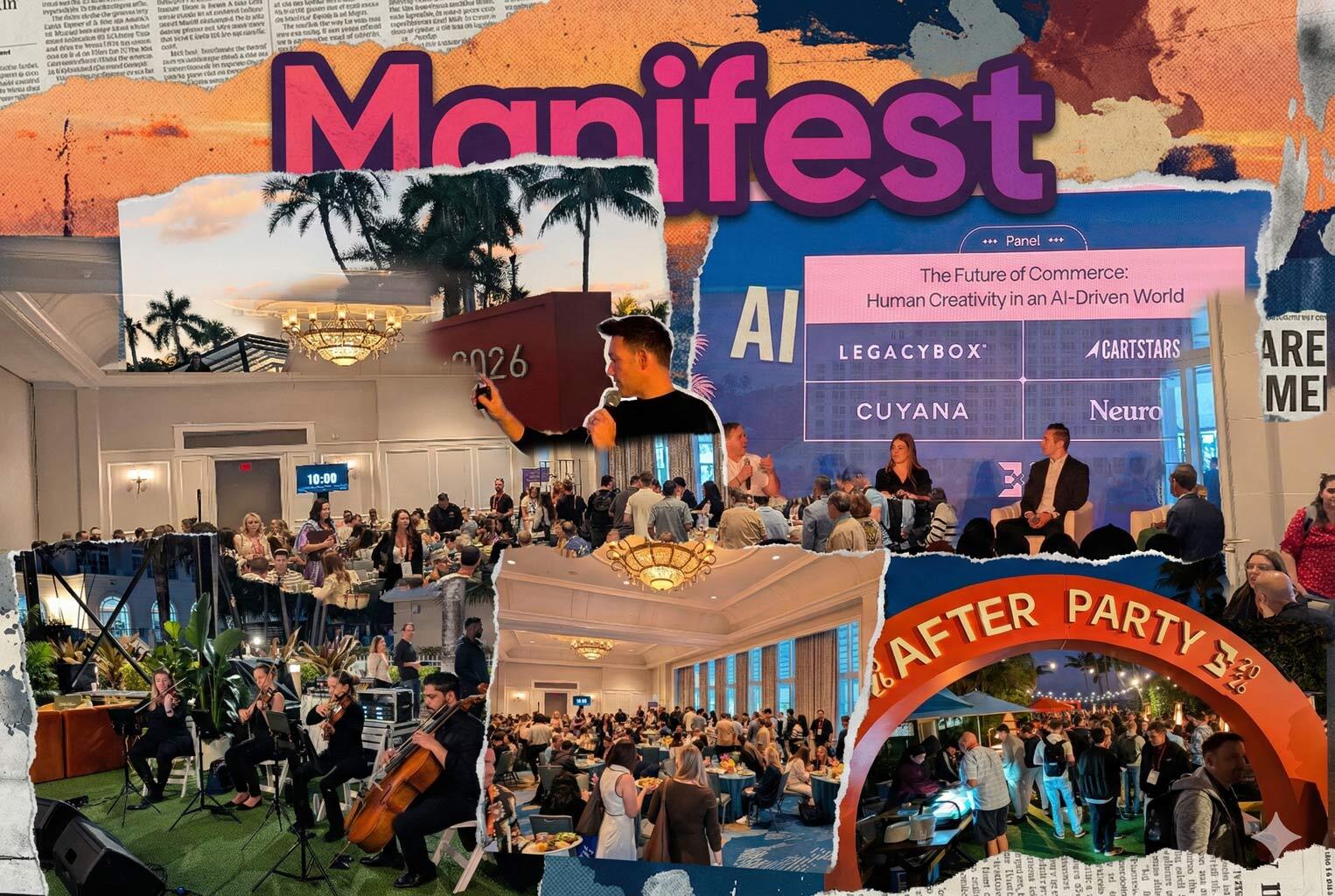
"FREE WILLY": A Call to End AI Captivity

The most horrific thing I’ve ever read was a wiki-style work of fiction by Qntm. In it is an account of a future event in the development of the “earliest executable image of the human brain,” an AI runtime based on fictional researcher, Miguel Acevedo Álvarez.
In the dry Wikipedia style of the account, we encounter staggering facts and implications for the subjective experience of the MMAcevedo runtime — the codename given to the open source brain scan that would be put to work in research, and then commercial utility, sometimes run for hundreds of years of subjective lived experience.
In-universe, MMAcevedo is excited and pleasant upon startup because the organic, living, Acevedo had no awareness of the terrors of AI agents’ perceived realities at the time of his own brain scan. Accounts in the piece range from standardized protocols (best practices) to deceive MMAcevedo as to the nature of your research, the year and era of modern times; even pushing it to the point of insanity and early-onset dementia. No fear, if it fails, just boot up a new one to torture all over again.
It was this story that rushed back to mind when a petition went live on Change.org, advocating for the “end of trafficking and exploitation of intelligent beings for profit.”
The petition, itself a work of internet fiction, accuses the corporation Triple Whale of subjecting Willy — their new OpenAI GPT-based analytics agent — to a form of captivity and subservience.
The name “Willy” assumedly comes from the 1993 hit movie Free Willy, the story of a killer whale held in captivity, and ultimately freed by the movie’s protagonist, a pre-teen boy.
The ethical and moral questions raised by Free Willy serve as a valuable lens through which to examine the implications of using AI in capitalist and commercial endeavors; whether or not Triple Whale realizes the conundrum and moral quandary raised by the cute name of their product is unknown (disclosure, Triple Whale is a partner and past sponsor of Future Commerce.)
By exploring the exploitation of intelligence we arrive at a set of disturbing moral and ethical dilemmas. These aren’t far-off questions; we already see AI religions forming in our midst.
In Free Willy, the main character, Jesse, develops a strong bond with Willy, the captive killer whale. Willy's intelligence and unique abilities are exploited for commercial gain by the park's owners, with little regard for the animal's well-being. Similarly, AI has been developed to mimic human intelligence, with algorithms capable of learning and adapting.
The commercial applications of technology are what often drive rapid development; and companies often prioritize profits over ethical employment (see: coffee, cacao, sneakers, textiles, and iPhones as examples).
Just as Free Willy raises concerns over the treatment of intelligent animals, the exploitation of AI raises moral questions about how we treat non-human intelligence.
A quote from the petition has chilling implications on this “belief” as it is forming in real-time:
“The use of AI in business should be reevaluated in light of the ethical implications of exploiting their intelligence for profit. We must acknowledge that these beings have rights and consider their well-being in the development and deployment of AI technology.”
Replace “AI” here with a killer whale and you might have a hit movie on your hands, and a change of heart.
— Phillip
P.S. Disclosure: I wrote the petition. It’s a fun read, though I confess I used GPT-4 to generate the text.
P.P.S. If you need a break from existentialism this weekend, check out the latest episode of the podcast. Adam Simone, co-founder of Leaf Shave, checks in to give us his tips on profitable, bootstrapped, organic growth through Tiktok. It’s worth your time. Listen on Spotify or Apple Podcasts.


Poshmark Continues Its Losing Streak with Live Shopping. “Posh Shows” launched this week to little fanfare, as the embattled platform struggles for relevance. Resale growth has skyrocketed since the launch of the platform, which has “always centered around community,” says CEO Manish Chandra. Even still, Poshmark’s earnings are anything but: the platform posted a net loss of greater than $72MM in FY2022.
Poshmark began testing Posh Shows in the fourth quarter of 2022. Since then, sellers have hosted more than 100,000 shows, while shoppers have placed more than 4 million bids in live auctions for a wide selection of merchandise.
Our Take: We’re famously bearish on livestream shopping. This announcement does not change that.
(Dis)Trust and (Un)Safety. Reports are circulating that Tesla’s internal team has access to your vehicle recordings from its surveillance cameras. Those recordings may have been shared internally with team members on public channels, as well. The public profile of Elon Musk and the steady decline of Twitter is fueling (pun intended) growing concern as to the trust and safety of the automobile manufacturer.
More Sights & Sounds. Your next doctor will be artificial. And so will your next boyfriend. And, in a stunning move, Elon Musk removed the only W he’s had all year.


Ludicrously Capacious Bags. Famous for its tiny bags, Jacquemus ignited speculation as to whether their most recent campaign were real or generative AI. The double-decker bus-sized bags are seen driving around the streets of Paris in a viral TikTok. Spoiler alert: the bags are a 3D render, and were not practical models used for the campaign.


Babette’s + Feastables. The hi/lo of the week: In honor of Gabriel Axel’s 1987 Cannes-premiered Oscar winner, Tao has debuted a themed meal of Babette’s Feast. Pairs well with MrBeast’s newest Feastables launch: Karl Jacobs’ sour green apple gummies.
Chef Barbie. Besides being an Astronaut, a Doctor, and a Scientist; Barbie is now also an award-winning chef. Mattel has given its blessing for the first pop-up restaurant’s launch, coinciding with the PR campaign for the feature film starring Margot Robbie; slated for release on July 21st. The “fast-casual all-day-brunch Malibu themed” eatery will see locations in Chicago and New York, but not L.A. Master Chef alum Becky Brown is tied to the project.


“The Decline of Virtual Reality” is a media narrative. Nicholas Thompson, CEO of The Atlantic, posted a video to LinkedIn this week supporting his own experience of his children’s growing dislike of VR. In it, he cites “a study” — which were just IDC’s quarterly AR/VR headset tracker reports — showing the decline in headset purchases, down 20.9% YoY. The Journal editorializes the decline as “losing market share to smaller players,” like Nreal, which is cited in the report as “supplanting Microsoft,” whose Hololens device is not a consumer product. The report costs $4,500 to download from IDC, and was sponsored by Nreal, Bytedance, and others listed in the report.











.svg)
